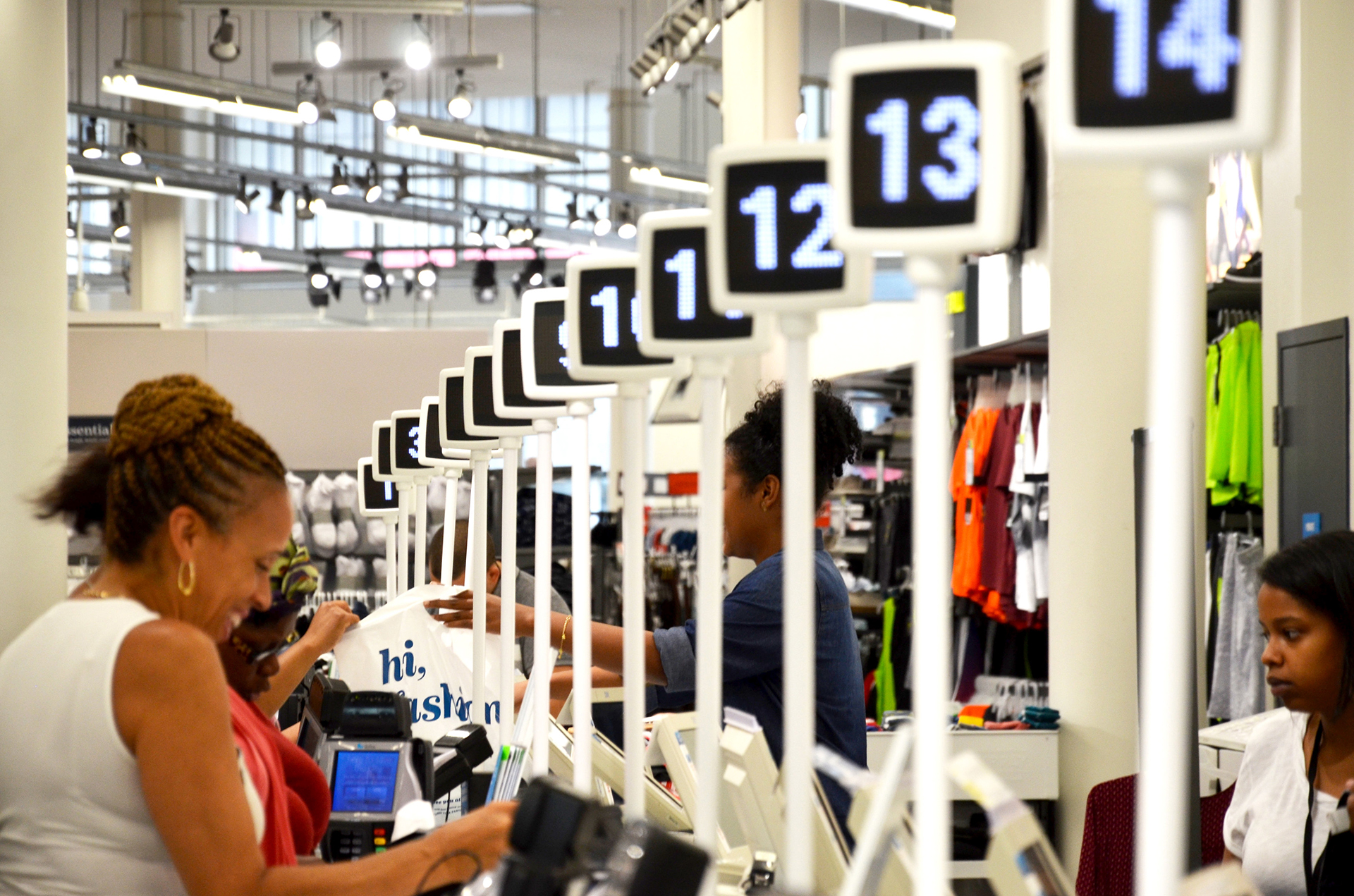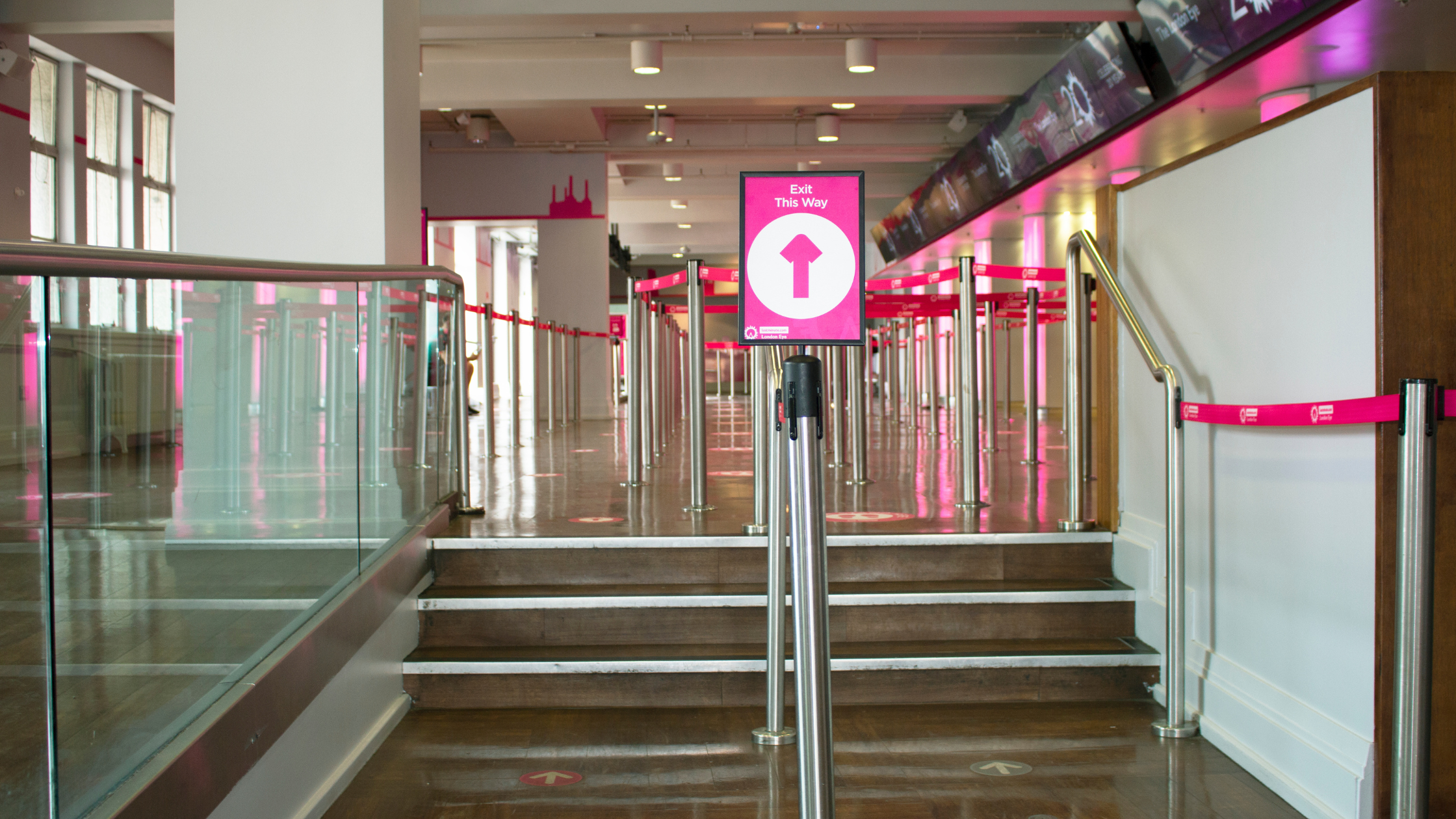- Home
- Sectors
- Solutions
- Tensabarrier®
- Tensator® Charging Stations
- Tensamedia® Wayfinding and Signage
- Lawrence® Post & Rope
- Tensator® Airport Passenger Guidance System
- Electronic Queuing – eQ™
- Tensaguide® Modular Barrier System
- Tensator Micam Protection – TMP
- Safety Solutions
- Access Control
- In-Queue Merchandising
- Virtual Queuing – VQMS
- Tensator® Virtual Assistant
- Custom & Bespoke Solutions
- Resources
- About
- Contact Us
- Shop
 English (English)
English (English)
Is ‘The Queue’ at Wimbledon the future of customer demand?
27
Jun

Last night saw the spectacular opening ceremony of the 20th Commonwealth Games in Glasgow.
Featuring 17 sports and spanning 11 days, the event will see more than 4,500 athletes from 71 nations and territories descending on the Scottish city. Thousands of spectators will be watching events unfold at sporting venues in Glasgow and, as you would expect, security will take priority. In fact, the total cost of security for the Games is said to be £90m.
Looking back to previous major sporting events, we’ve seen increased safety measures resulting in lengthy queues for members of the public to take their seats.
In the USA, Major League Baseball has instructed all 30 of its teams to implement new security screening for fans entering stadiums, either with hand-held metal detection or walk-through magnetometers. Many venues also have a limit on the size of bag that spectators are allowed to bring inside, as well as the material that the bags are made from.
Past incidents have shown just how important this type of tightened security is, although it inevitably leads to longer waiting times. So, what can venue management teams be doing to ensure that security checks remain efficient, but queue lengths are reduced?
- Having a clearly defined queue for security checks is a given. Visitors need to understand exactly where they need to go, so any degree of confusion can be avoided.
The Tensabarrier® range can be used to create a highly visible queue formation and the webbing between them can be customised to ensure brand consistency. This also presents a flexible option as the webbing and posts can be used to either reduce or extend the length of the queue at short notice, catering for an influx of spectators at busy times.
- For large sporting venues with multiple security desks, the implementation of a Single Line Queue (SLQ) Call Forward System could be a viable option. Perhaps most recognisable in the retail sector, SLQ systems call customers forward to the next available service point.
In retail, such solutions are proven to speed queue flow and improve service times by 30%, so a SLQ system could well be a welcome addition to a large sporting venue.
- The Tensator Virtual Assistant would also add a new dynamic to the security process. The next generation digital signage solution uses the latest technology to project the image of a real person to convey important messages. It is already a familiar site at airports worldwide and is often used to tell passengers what is allowed in their hand luggage.
When two Tensator Virtual Assistants were installed at Heathrow Airport’s Terminal 4, they helped to reduce the number of bag rejections, meaning fewer delays through the security area. They could certainly have a similar impact at sporting venues too.
The level of support, technology and, ultimately, investment required will obviously depend on the size of venue and scale of operation in question. However, careful planning is a given to ensure an enjoyable and safe experience for everyone.



